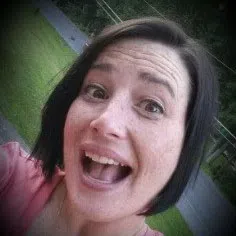By Danielle Broadway
SAN DIEGO (Reuters) – Director Barry Jenkins believes it was important to revisit the Disney classic “The Lion King” with the prequel “Mufasa: The Lion King” for audiences to understand that the protagonist lion Mufasa was never perfect, and the villain Scar was not always evil.
“For 30 years we’ve been living with this idea of Mufasa as unimpeachably great and good, and Scar is like the full embodiment of evil,” Jenkins told Reuters.
“In this story, we get to go back and show that no one is born good or born evil. You’ll get a result of all these different choices that you make, good parenting, bad parenting, nature versus nurture,” the “Moonlight” director added.
Jenkins found that it was key to the story to introduce a more complex look at the classic characters.
The film, written by Jeff Nathanson, uses photorealistic animation and serves as both a prequel to the original animated 1994 “The Lion King” and a sequel to the 2019 remake, which was directed by Jon Favreau.
“Mufasa”, distributed by Walt Disney Pictures, arrives in theaters on Friday.
The movie includes the voices of leads Aaron Pierre as Mufasa, the lion who grows up to be the king and father to Simba along with Kelvin Harrison Jr. as Taka, who’s eventually known as the antagonist named Scar, a prince and Mufasa’s adoptive brother.
Taking place in the Pride Lands of Tanzania after the events of the 2019 “Lion King” film, “Mufasa” follows Mufasa and Taka, who become friends and eventually adoptive brothers until a series of devastating events threaten their bond.
The voice cast also includes multi-Grammy winner Beyonce Knowles-Carter who reprises her role from the 2019 film as Simba’s mate, Nala, and the “Texas Hold ‘Em” singer’s daughter, Blue Ivy, making her film debut voicing Simba and Nala’s daughter, Princess Kiara.
It was important for Pierre to pay homage to the late James Earl Jones, one of the most renowned actors in Hollywood and the original voice of Mufasa.
“He really for me is just top level,” the “Genius” actor said.
For Pierre, Jones was his guiding light that extinguished any fear that he had about the iconic role.
“I actually managed to use that (his fear) in the adolescent version because the adolescent version doesn’t have it all figured out,” he added.
(Reporting by Danielle Broadway and Rollo Ross; Editing by Mary Milliken and Sandra Maler)







Comments